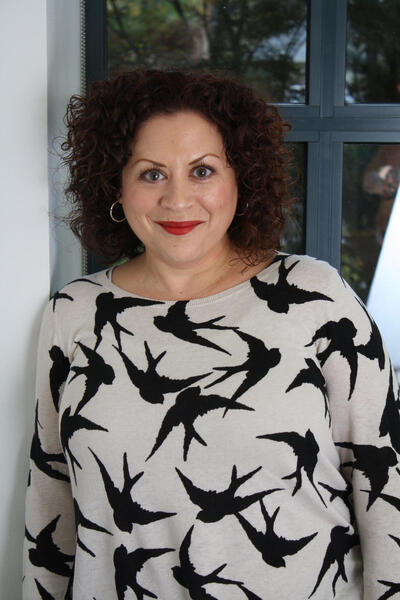Fostering Growth in Children through Challenging Times
When we begin to see failure and challenges as opportunities or the beginning of a journey, we can transform difficult times and create better outcomes for both ourselves and our children.
In this episode of Let’s Talk, The Family Institute's Dawn Livorsi, D.S.W., LCSW, and Gail Francis, LMFT, discuss the importance of grit, a growth mindset and raising resilient children (and adults) within the context of a global pandemic.
“Right now it’s really hard for a lot of families to see a light at the end of the tunnel when it feels like we’re constantly getting new information, when we are constantly learning what we are allowed to do and not allowed to do. And I think right now especially there are a lot of families that are grappling with the return to e-learning. When we think about how quickly that transition to e-learning happened last March, there’s a lot of stress and anxiety around it … it’s like ‘oh my goodness, we have to embark on this thing again that didn’t work out last time.’
“And so I think this is really an opportunity to think about what didn’t work so well, why did that happen, how can we go back to the drawing board and expand on the things that did work out ok, whether that was figuring out a good schedule or a good routine or a better way to communicate with teachers about questions. This is an opportunity to try again at something that maybe wasn’t our first choice but we’re still left to deal with right now. It’s still scary for parents and a lot of kids I’m working with, and it’s not their first choice…
“[But] what we do know that grit is a great predictor of academic success, and even though things are happening on a different timeline, we have to go with the flow there are a lot fo strengths and tools that we can emerge from this period with.”

